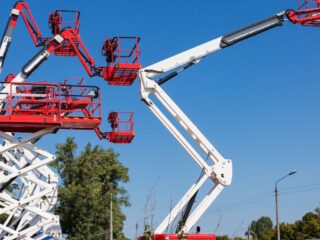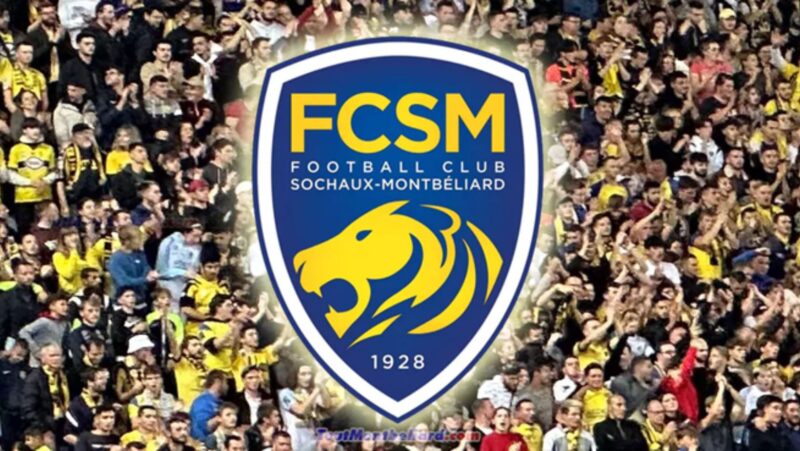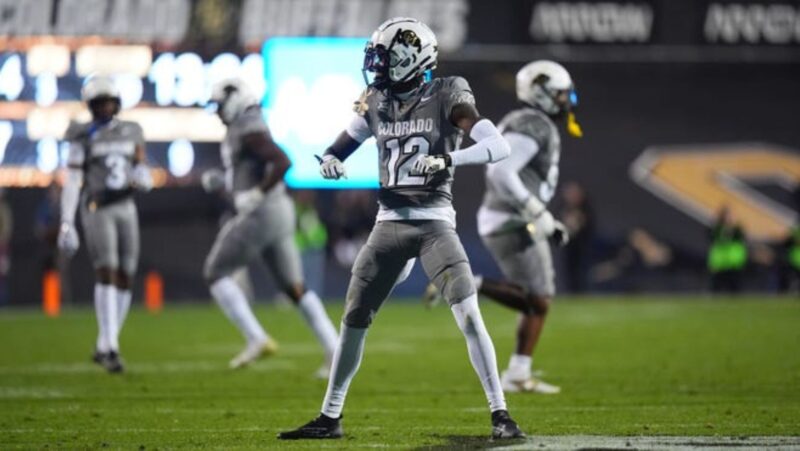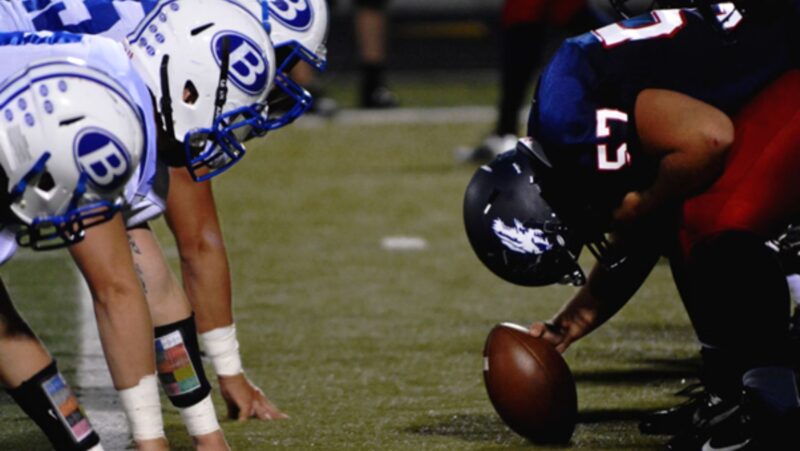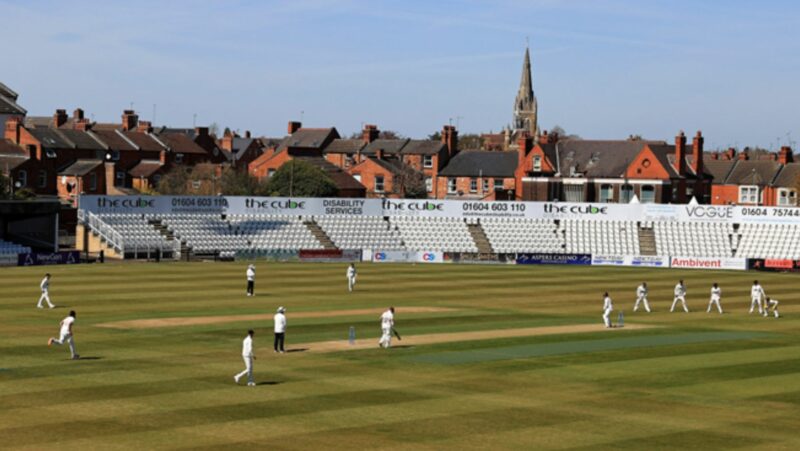
Inter Milan is at the pinnacle of success in Serie A and the Champions League, showcasing perhaps one of the best football styles in the world. However, behind the external glamour lies a deep financial crisis threatening the club’s stability. A colossal debt exceeding 800 million euros poses a serious threat to Inter’s future. Despite triumphs on the field, financial problems prevent the club from fully realizing its potential.
In the current Serie A season, bettors could strike gold by betting on Inter’s victories. Inzaghi’s team keeps securing win after win. However, there are still chances. You can Melbet Apk download for Android and try your hand at forecasting. The bookmaker offers various bets on Serie A matches and other tournaments.
Skillful Transfer Policy – A Necessity Rather Than a Style
In the pursuit of cost savings, Inter’s management is forced to be inventive in the transfer market. Free transfers and acquiring players for nominal fees have become the norm for the club. This policy allows for strengthening the squad without significant capital injections. Recent examples include the signings of Hakan Calhanoglu from AC Milan, Edin Dzeko from Roma, Andre Onana from Ajax, and Henrikh Mkhitaryan from Roma on free transfers.
Even pricier acquisitions, such as Yann Sommer from Bayern Munich for 7 million euros and Marcus Thuram from Borussia Mönchengladbach, appear relatively modest compared to top clubs’ standards. It is expected that Mehdi Taremi from Porto and Piotr Zielinski from Napoli will join them soon.
Heavy Financial Burden – A Legacy of the Pandemic and Mismanagement
While the COVID-19 pandemic dealt a severe blow to Inter’s finances, the roots of the club’s problems run much deeper. Owner Steven Zhang admitted that the club faced financial difficulties before the pandemic, but the situation sharply worsened due to revenue losses during the lockdown. To avoid collapse, Inter had to take out a 275 million euro loan from the American investment fund Oaktree Capital Management. According to the terms of the agreement, if the loan is not repaid on time, Oaktree will receive 68.5% of the club’s shares.
The situation is further complicated by the financial problems of the parent company, Suning Group, one of China’s largest retailers. Due to Chinese authorities’ restrictions on money transfers abroad and its losses amounting to 6.3 billion euros in 2021, Suning Group was unable to provide the necessary financing to repay Inter’s debts.
Ways Out of the Crisis: Between Restructuring and Finding a New Owner
Despite Inter’s management’s attempts to find a way out of the situation, the prospects remain uncertain. One option is debt restructuring and deferring payments to a later date. In February 2024, Oaktree Capital Management agreed to postpone payments until 2026-2027, provided that the interest rate is increased from 12% to 15%. However, this is only a temporary postponement that does not address the root problems.
Increasing Inter’s revenues also does not seem like a realistic solution. Even in the case of winning Serie A and prize money from sponsors and broadcasters, the proceeds will be insufficient to repay the huge debt. Selling key players also cannot cover the debt in full.
The most realistic option is to find a new owner willing to take on the burden of debts. Suning Group has already begun negotiations with potential buyers, but so far, no attractive offers have been received. Finnish businessman Thomas Zilliacus was one of the most active contenders, but recent allegations of financial impropriety and an Interpol warrant have dashed his ambitions.
What Will Happen to Inter in the Future?
The situation in which Inter finds itself is a vivid example of how financial problems can undermine even the most successful sports projects. Despite brilliant results on the field, a huge debt of over 800 million euros drags the club down. Temporary measures such as debt restructuring and sophisticated transfer policies only postpone the inevitable solution to the problem.
For Inter, a turning point has come when radical measures are needed to ensure long-term financial stability. Finding a new owner willing to invest significant funds into the club seems to be the only realistic way out of the current situation. However, finding a buyer willing to take on such a burden will not be easy.
In any case, Inter’s management must act decisively and swiftly to prevent further deepening of the crisis. Ignoring financial problems could lead to catastrophic consequences for the club, which is currently at the peak of its sporting form. Time will tell whether Inter can overcome this challenge and achieve financial stability.





